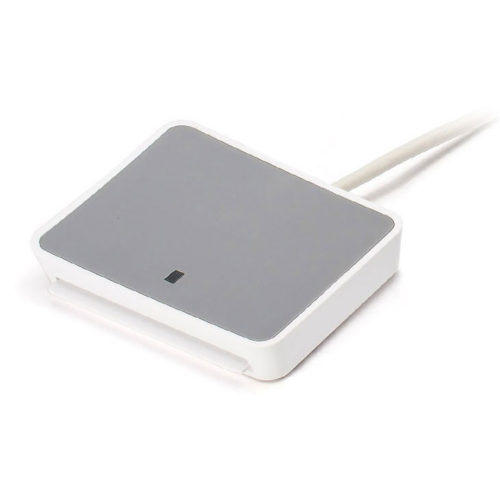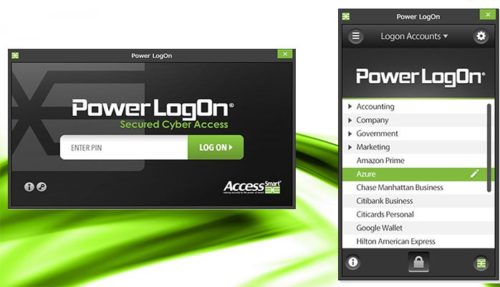Identity, Credential, and Access Management (ICAM) is a comprehensive framework and set of practices used to manage and secure digital identities, credentials, and access to information systems and resources within an organization. ICAM is commonly employed in various sectors, including government agencies, businesses, healthcare, and educational institutions.
The main components of ICAM are as follows:
- Identity Management: ICAM encompasses the processes and technologies used to identify individuals and entities within an organization’s ecosystem. This involves creating and managing digital identities, which can include employees, contractors, partners, and customers. The goal is to ensure that each entity’s identity is unique, accurate, and properly verified.
- Credentialing: ICAM involves issuing and managing digital credentials to authenticate individuals’ identities. These credentials can take the form of username and password combinations, smart cards, biometric identifiers, or other authentication methods. Strong credentials enhance security and help prevent unauthorized access.
- Access Management: ICAM focuses on controlling and regulating access to resources based on an individual’s identity and the permissions associated with that identity. It ensures that individuals have the appropriate level of access to information, systems, and physical locations based on their roles and responsibilities.
- Authentication and Authorization: ICAM includes mechanisms for authenticating users’ identities to verify their claimed identity. Once authenticated, the system then determines the user’s access permissions and rights, a process known as authorization. This way, only authorized individuals can access specific resources.
- Single Sign-On (SSO): ICAM often incorporates SSO solutions, which enable users to access multiple systems and applications with a single set of credentials. SSO streamlines the login process, improves user experience, and reduces the need for multiple login credentials.
- Federation: In some cases, ICAM systems may support federation, where identity information is securely shared between different organizations or domains. Federation allows for seamless collaboration and resource sharing between trusted entities.
- Privacy and Compliance: ICAM frameworks prioritize data privacy and compliance with relevant regulations (e.g., GDPR, HIPAA). Proper ICAM implementations ensure that personal information is handled securely and in accordance with applicable laws.
ICAM is crucial for maintaining a strong security posture and efficiently managing access to an organization’s resources. It helps protect against identity theft, unauthorized access, and data breaches while enabling legitimate users to access the information they need to perform their roles effectively.
Related Products
Related Articles
Exostar’s Enterprise Collaboration Solution Now Supports DFARS Cybersecurity Provisions Compliance
February 28, 2017 (Press Release) - HERNDON, Va.--Exostar, whose cloud-based solutions help companies in aerospace and defense, life sciences, and healthcare mitigate risk and solve their identity and access challenges, today announced it has augmented its enterprise collaboration solution to provide
Identity Automation Acquires 2FA, Inc. Adding Powerful Authentication Capabilities to Its Identity and Access Management Portfolio
HOUSTON, TX--(Marketwired - Aug 23, 2016) - Identity Automation, provider of the most scalable, full-lifecycle identity and access management (IAM) software on the market, today announced its acquisition of 2FA, Inc., a cybersecurity company that specializes in multi-factor authentication and single
Yubico Launches YubiKey 4 and Touch-to-Sign Functionality at DockerCon Europe 2015
BARCELONA, SPAIN--(Marketwired - Nov 16, 2015) - Yubico, the leading provider of simple and open online identity protection, today announced the launch of the YubiKey 4, Yubico's next generation authentication device, at DockerCon Europe 2015, November 16-17 in Barcelona, Spain. Yubico's 4th Generation YubiKey includes
LogMote, The Leading Security Authentication And Single Sign-On Provider, Has Launched Its Unified Authentication & Single Sign-On (SSO) Solution Into The Global Security Market
LONDON, November 5, 2015 /PRNewswire/ -- LogMote is a totally unique, flexible and cost effective unified authentication & SSO solution, which manages legacy, on-premise and cloud applications. Smartphones and tablets become the contactless keys to unlock, simplify and accelerate mobility and user
CeBIT 2014: Atos puts the focus on secure Cloud Computing
Key aspects of the participation: Cloud Computing, IT security and Big Data Trade fair presence: Bitkom World in Hall 4, Booth C57 As part of the Bitkom World, the international IT-service provider Atos presents its latest solutions for the top
3M Cogent Debuts BioTrust Biometric Logon Software
Jun 28, 2011 -- 3M Cogent, Inc. introduces 3M Cogent BioTrust biometric logon software, a robust biometric logon replacement software for Windows computer programs from Microsoft. 3M Cogent BioTrust software uses facial and/or fingerprint recognition to logon to your PC


